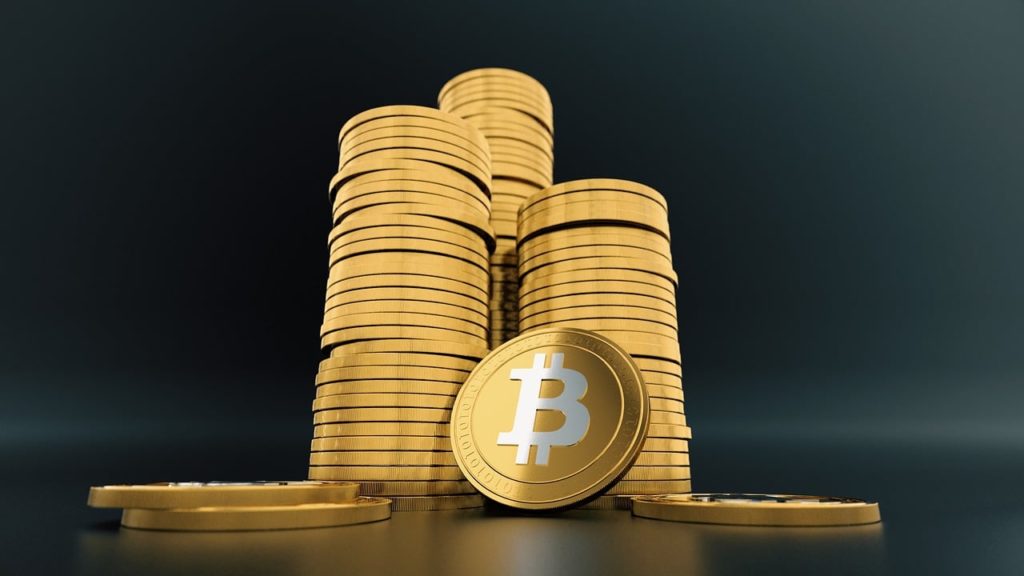Have you heard about the recent bank failures? It’s got investors thinking about how to protect themselves from a weakening system. Even the US Treasury, the biggest bank of all, seems a bit shaky these days. Talks of the debt ceiling and defaults aren’t exactly boosting confidence in America’s economy. But you know what’s interesting? Some experts are suggesting that all this uncertainty could drive people towards alternative investments like Bitcoin, according to Blockworks.
In a recent podcast, two experts, Avi Felman and Jonah Van Bourg, discussed the possible impact of a technical default by the US. Avi thinks that if such a scenario were to happen, we might see Bitcoin’s price shoot past $30,000, maybe even reaching $35,000. Jonah, on the other hand, is even more optimistic. He believes that a US default could be a game-changer, leading to all-time highs for Bitcoin, maybe even surpassing $70,000.
Not everybody is optimistic
But not everyone agrees. Avi thinks it’s unlikely for prices to reach those record levels, mainly because he’s not sure where all the buying demand would come from. He believes that high net-worth buyers might lead the way to around $35,000, which could attract some retail investors. However, he also mentions that retail buyers don’t seem as enthusiastic as they were during the Covid-19 pandemic.
Van Bourg explained, as Blockworks quotes:
Crypto internet money is going to become more of a thing than fiat for a lot of people.
The seamlessness of the experience of moving value around and moving digital goods and services around relative to moving actual goods and services and fiat currency — It’s such a drastic improvement.
Eventually for certain people, you will have that perfect storm of constant economic activity inside of some game or reality that isn’t necessarily what us ‘olds’ think of as normal.
Bitcoin is often regarded as a powerful digital currency and decentralized payment system. Its power stems from several key factors, and one of them has to do with decentralization. In other words, Bitcoin operates on a decentralized network called blockchain, which means it is not controlled by any central authority like a government or financial institution. This decentralization gives Bitcoin resilience against censorship, tampering, and control by a single entity.
